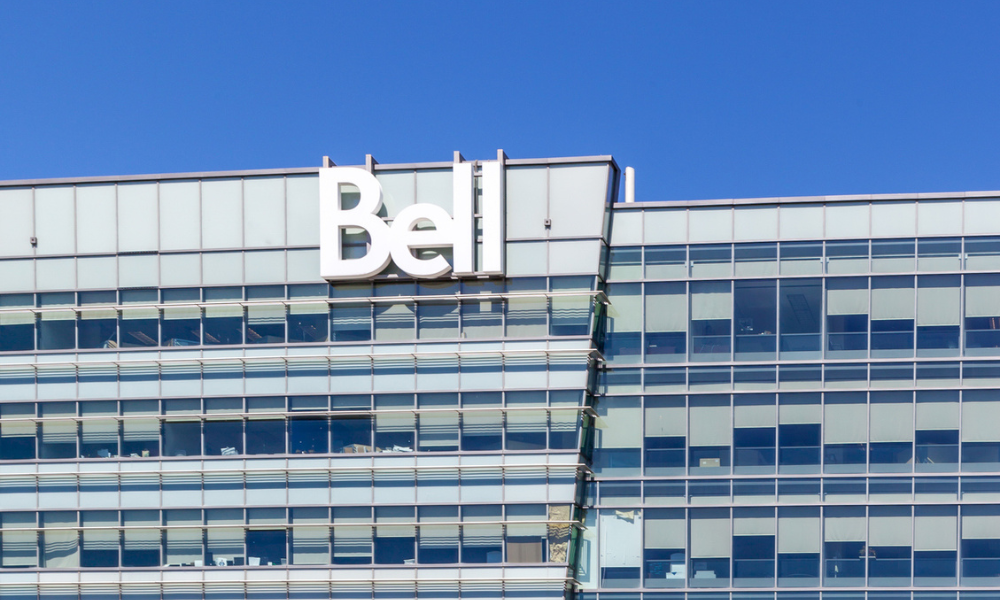Bell Canada earned $64m from costly inmate calls, with $39m paid to Ontario as commission, lawsuit claims

Bell Canada generated more than $64m in gross revenues from calls made by inmates in Ontario jails, charging what lawyers describe as “exorbitant” rates, as reported by Financial Post.
The company paid nearly $39m of this amount to the province as commission, according to newly released information from the telecom giant.
Financial Post reported that Bell charged $1 per minute, plus a $2.50 connection fee, for long-distance calls made through the Offender Telephone Management System (OTMS) that it managed in Ontario jails from 2013 to 2021.
This system only allowed inmates to make collect calls, leading to significant costs for their families.
Lawyers are now seeking compensation for those who were burdened by these expenses, especially considering that over 80 per cent of individuals in Ontario correctional facilities are awaiting trial and presumed innocent.
Among those affected is Ransome Capay, the father of Adam Capay, an Indigenous man who was held largely in solitary confinement between June 2012 and December 2016.
Ransome Capay frequently communicated with his son during this time, incurring phone bills that ranged from $250 to $500, with some exceeding $1,000. In his affidavit, he detailed how he had to take on additional work, like chopping firewood, to cover these bills.
Bell and the Ontario government had previously refused to disclose how much they benefited from these calls. However, the Canadian Radio-television and Telecommunications Commission (CRTC) recently ordered Bell to release these figures.
Lawyer David Sterns described the disclosed amounts as “shockingly high,” asserting that they confirm Bell's exploitation of inmates' families. Sterns called it “pure opportunism,” accusing Bell of taking advantage of a captive audience and sharing the profits with the Ontario government.
Bell has stated that it complied with CRTC regulations and offered the same collect call rates as for other phone services. Despite this, a lower court judge found that the rates charged to inmates in Ontario were four times higher than those in other provinces.
The lawsuit against Bell and Ontario has not yet been proven in court. Last year, the Court of Appeal for Ontario temporarily halted the case, directing the lawyers to seek a determination from the CRTC regarding the “reasonableness of the rates.”
The CRTC is now deciding whether it has jurisdiction over the matter; if it rules that it does not, the case may return to the courts.
During the CRTC proceedings, Bell argued that the revenue and commission details should remain confidential. However, the CRTC ruled that the public interest in disclosing these numbers outweighed any potential harm.
The CRTC also noted that it was unclear how revealing historical revenues from a contract that ended a decade ago could cause a material financial loss for Bell, especially since a new service provider now operates the OTMS at significantly lower rates.
The disclosure revealed that Bell's contract with Ontario included a 60 per cent commission to the province. A spokesperson for Solicitor General Michael Kerzner declined to comment, citing the ongoing CRTC and court cases.
The new phone system, now managed by a different company, allows inmates to make prepaid calls in addition to collect calls and offers long-distance rates at just a few cents per minute.



